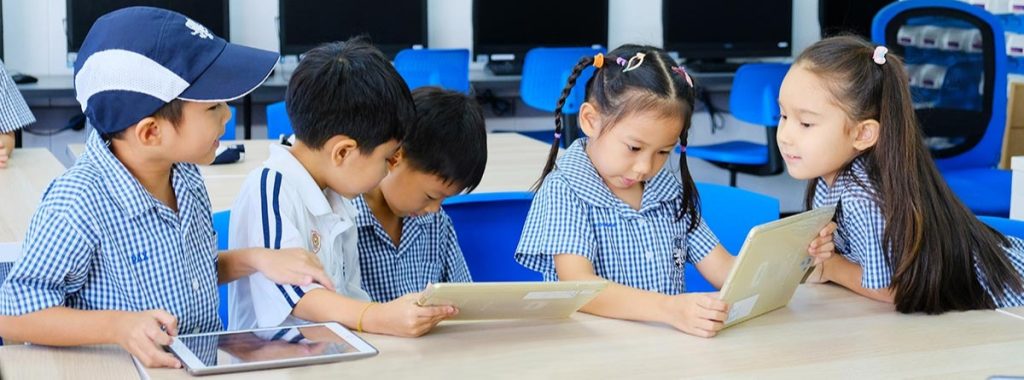Recent survey results reveal a split among educators regarding the use of mobile phones in schools, with significant implications for both teachers and parents in the K-12 landscape.
According to a poll conducted among approximately 1,000 teachers, more than two in five (41%) believe that mobile phones can be effective teaching tools when integrated thoughtfully into the learning environment. However, a similar proportion of educators (40%) disagree, highlighting the ongoing debate about the role of technology in education.
The survey identified unauthorized mobile phone use as the most common source of disruption in classrooms, with 20% of respondents citing it as a significant issue. Other major disruptions included student chatter (80%), inattention (75%), inability to sit still (65%), and disrespect towards classmates (55%). These findings underscore the challenges teachers face in maintaining a focused learning environment.
Interestingly, only 18% of teachers listed a school-wide ban on mobile phones among their top three measures for improving student behavior. This suggests that many educators believe that other strategies may be more effective in addressing behavioral issues. The most popular solutions identified were reducing class sizes (57%), increasing support for students with behavioral challenges (50%), and ensuring consistent application of behavior policies by all staff.
The conversation around mobile phone use in schools has gained traction following the introduction of a Private Member’s Bill by Labour MP Josh MacAlister, advocating for a complete ban on mobile phones in schools to combat the negative effects of excessive screen time. However, the current government has indicated that it is unlikely to support the bill, as headteachers already have the authority to implement their own phone policies.

Pepe Di’Iasio, general secretary of the Association of School and College Leaders (ASCL), commented on the mixed feelings surrounding mobile phones, noting that while some educators see potential learning opportunities, others view them as distractions. Paul Whiteman, general secretary of the NAHT school leaders’ union, emphasized that individual schools are best equipped to make decisions regarding phone use based on their unique student populations.
Duncan Verry, portfolio director at Bett, remarked that the research shows teachers have a balanced view of mobile technology, recognizing both its challenges and potential benefits. He noted that teachers regard mobile phone disruptions as relatively minor compared to traditional classroom management issues.
As the debate continues, it is essential for both teachers and parents to engage in conversations about the role of mobile phones in education. Whether viewed as tools for learning or sources of distraction, the effective management of mobile technology will play a crucial role in shaping the future of K-12 education.
For parents, staying informed about school policies regarding mobile phone use can help facilitate productive discussions with their children about responsible technology usage. Meanwhile, teachers may consider collaborating with parents to establish guidelines that maximize the educational benefits of technology while minimizing its potential drawbacks.
As educators strive to create engaging and effective learning environments, the dialogue around mobile phone use in schools will remain a pertinent topic for the K-12 community.
Education Technology That You Might Be Of Interest:
Get a special discount by quoting code AISLMALL during CHECKOUT.
Book Creator
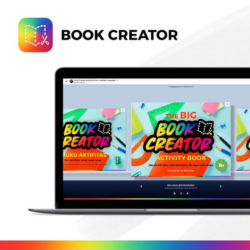
Book Creator was established in 2011 and is based in the UK. Book Creator is a versatile digital tool that allows users of all ages and abilities to create interactive multimedia books. It fosters creativity, collaboration, and digital literacy, supporting various learning styles. With over 2 million books created monthly, it enhances student engagement and learning.
BOOX – E ink tablet Series

BOOX has more than 10 years of experience in developing eye-protection e-books to help you learn more about different types of e-book products. BOOX – E ink tablet Series ; Go Color 7″ (Black) (HKD1,998 with case) Original: HKD2,498 ; Go 10.3 ($2998 with case) Original: HKD3,498 ; 10.3” Tab Ultra C Pro ($4,998 with case) Original: HKD5,498
Cathoven – Language Hub
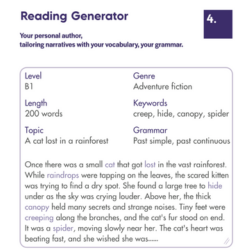
Founded in 2022, Cathoven is a smart assistant tailored for language educators, helping them create level-appropriate lessons and exams, assess and score student work, identify weaknesses, and provide actionable feedback. Used by top institutions like Columbia Uni, Cathoven was ranked the second-best AI in Education project by QS after Duolingo.
Earth Cubs Environmental Content
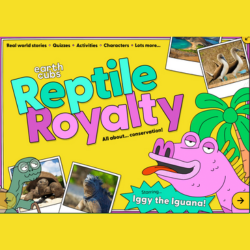
Earth Cubs offers free, award-winning content on sustainability, climate change, and the environment. Through positive storytelling, it inspires young children on topics like renewable energy and equality, aligning with the UN’s Sustainable Development Goals, and is supported by mission-aligned organizations.
ELimu - Learning Games
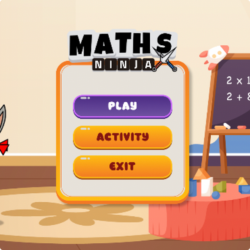
eLimu World is an interactive learning platform designed for kids aged 4-8, offering a range of fun, inquiry-based learning (IBL) games that help children learn better and faster. Our solutions cover key subjects like math and science, using a gamified approach that keeps kids engaged while building essential skills.
KAZ – Specialised and Accessible Touch-Typing Software
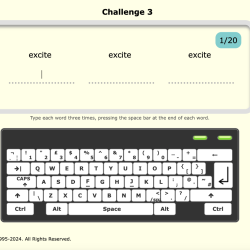
KAZ’s inclusive touch-typing course for home and schools supports mainstream, neurodivergent, hearing-impaired, and visually impaired learners. It’s an online tutorial with minimal teacher intervention, and structured lesson plans are available. Learners can access it from school or home on Macs, PCs, Chromebooks, and iPads.
Nova AI Mentor: Redefining Personalised Learning
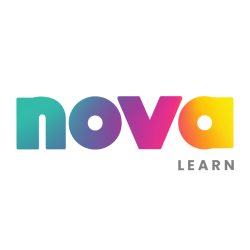
Novalearn Limited is an EdTech company transforming education by seamlessly integrating machine learning, studio-produced edutainment, and quality STEAM education aligned with international K-12 curricula. Enhance school-wide performance with advanced analytics and intelligent recommendations for students. Customisable to your school’s needs and rubrics. Supportive adaptive learning system. Automatic generated reports for teachers and principals.
School365 - SaaS platform
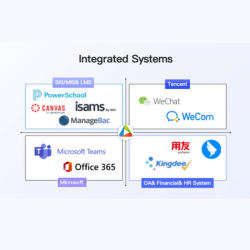
School365 is a SaaS platform designed for K12 international schools in China, offering seamless integration of data and processes. It provides administrators with powerful insights and efficient management tools, while its customizable design ensures scalability to meet the unique needs of schools.
References:
Tes. (2024). Teachers divided over mobile phones as a teaching tool. Retrieved from Tes





